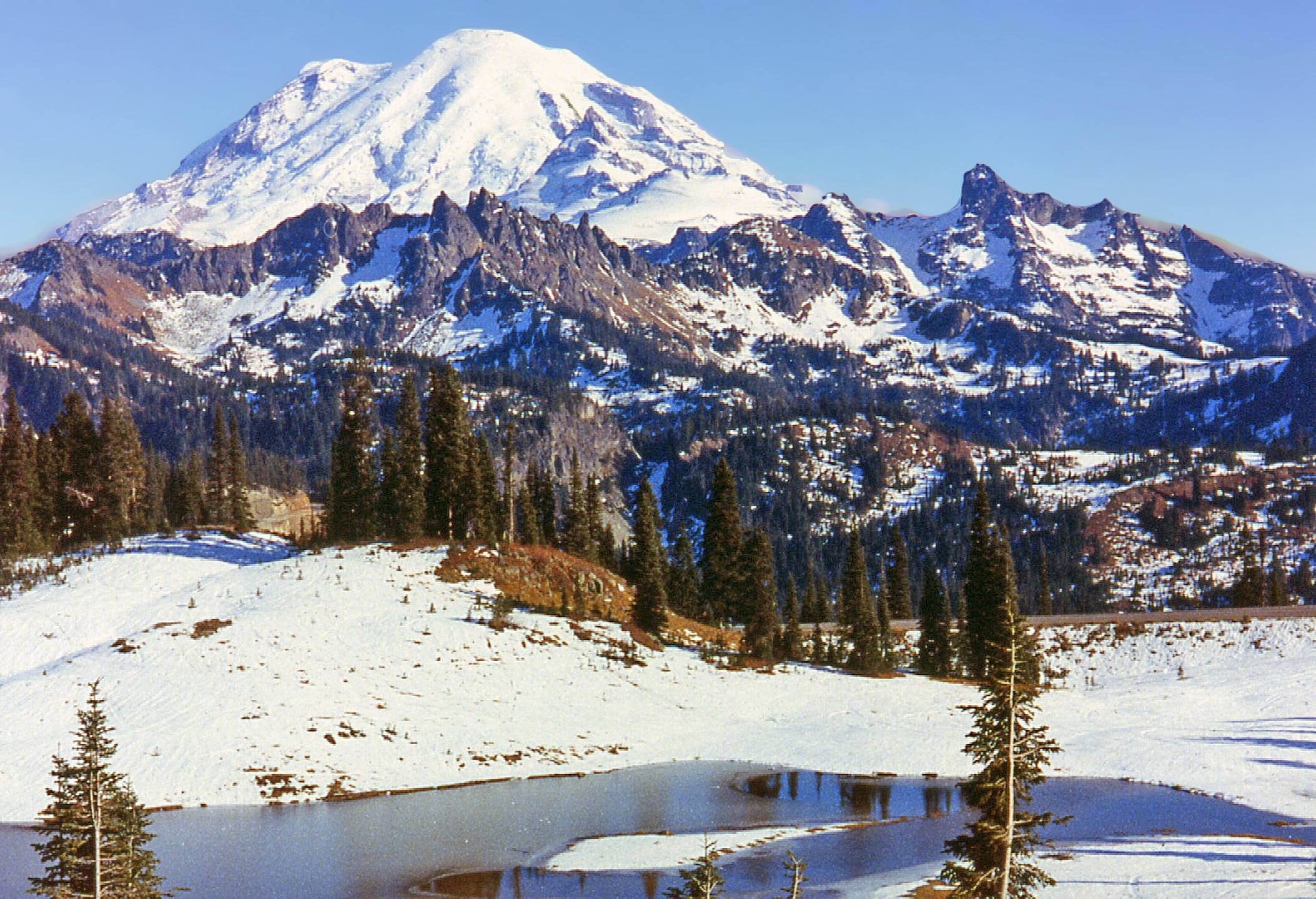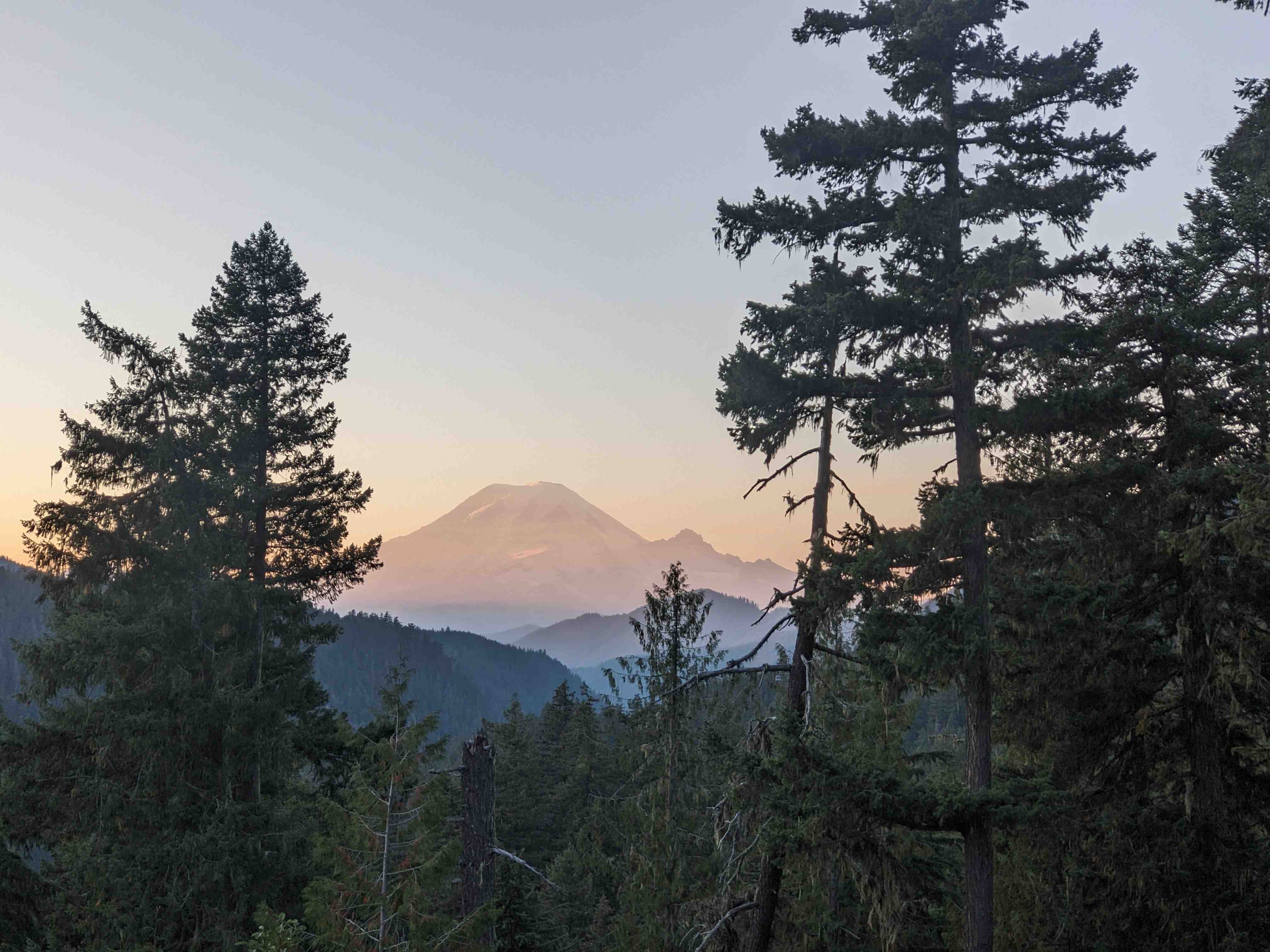Mount Rainier, an iconic peak in Washington State, offers diverse hiking experiences, including areas known as ‘the ledges’. These ledges provide stunning vistas, challenging trails, and unique geological features. While not officially named, several trails and areas around Mount Rainier feature ledge-like terrain, offering hikers and climbers spectacular views and exciting challenges. This guide explores the trails, wildlife, and experiences associated with the ledges of Mount Rainier.
What Are the Best Trails to Experience the Ledges at Mount Rainier?

Mount Rainier National Park boasts numerous trails that showcase ledge-like features and breathtaking views. Here are some of the most notable:
- Naches Peak Loop Trail
- Region: Sunrise
- Difficulty: Moderate
- Distance: 3.3 miles roundtrip
- Elevation Gain: 600 ft
This trail offers unobstructed views of Mount Rainier, especially stunning at sunrise or sunset. It follows a scenic stretch of the Pacific Crest Trail and provides panoramic vistas of surrounding peaks. The trail’s ledge-like sections offer hikers a sense of walking on the edge of the mountain.
- Rampart Ridge Loop Trail
- Region: Longmire
- Difficulty: Moderate
- Distance: 4.6 miles roundtrip
- Elevation Gain: 1,350 ft
Starting from the Longmire parking lot, this trail leads through old-growth forest to Mount Rainier views and the remains of a lava flow. The path gains elevation on switchbacks and returns on the Wonderland Trail, offering views that could be considered ledge-like in some areas.
- Mount Fremont Lookout Trail
- Region: Sunrise
- Difficulty: Moderate
- Distance: 5.6 miles roundtrip
- Elevation Gain: 1,100 ft
This trail leads to a fire lookout with 360-degree views and pristine alpine lakes. It involves a steep hill and a wide rocky ledge leading to the lookout, providing hikers with a true ledge experience.
How Can Climbers Experience the Ledges of Mount Rainier?

While specific climbing routes named ‘the Ledges’ are not officially designated, Mount Rainier offers numerous climbing opportunities that involve ledge-like terrain:
- Glacier Climbs
- Disappointment Cleaver Route: One of the most popular routes
-
Emmons Glacier Route: Challenging but rewarding
-
Technical Climbs
- Liberty Ridge: Advanced route with exposed ledges
- Kautz Glacier Route: Includes ice climbing and ledge traverses
Climbers should be aware that these routes require advanced skills, proper equipment, and often guide services. Always check current conditions and obtain necessary permits before attempting any climb.
What Wildlife Can Be Observed Around the Ledges of Mount Rainier?
The diverse ecosystems around Mount Rainier’s ledges host a variety of wildlife:
- Mountain Goats
- Often seen on high-elevation trails
- Best viewing: Late July and August
-
Safety: Maintain a distance of at least 50 yards
-
Marmots
- Common in subalpine and alpine areas
-
Listen for their distinctive whistles
-
Black Bears
- Present in forested areas and berry patches
-
Safety: Store food properly and make noise while hiking
-
Pikas
- Small mammals found in rocky areas
- Listen for their high-pitched calls
| Species | Habitat | Best Viewing Time |
|---|---|---|
| Mountain Goats | Alpine zones | Late summer |
| Marmots | Subalpine meadows | Summer months |
| Black Bears | Forests, berry patches | Early morning, late evening |
| Pikas | Rocky slopes | Midday |
What Are the Weather Conditions Like at the Ledges of Mount Rainier?
Weather at Mount Rainier’s higher elevations, including ledge areas, can be unpredictable and extreme:
- Summer (July-September)
- Generally milder, but still variable
- Daytime temperatures: 60-70°F (15-21°C)
-
Night temperatures can drop below freezing
-
Winter (November-May)
- Heavy snowfall and extreme cold
- Daytime temperatures often below freezing
-
Many trails inaccessible due to snow
-
Spring and Fall
- Highly variable conditions
- Possibility of snow at higher elevations
- Rapid weather changes common
Always check the latest weather forecast before your visit and be prepared for sudden changes. Proper gear, including layers and rain protection, is essential year-round.
How Can Visitors Safely Experience the Ledges at Mount Rainier?
Safety is paramount when exploring Mount Rainier’s ledges and high-elevation areas:
- Proper Planning
- Check trail conditions and weather forecasts
- Inform someone of your itinerary
-
Obtain necessary permits for backcountry travel
-
Essential Gear
- Sturdy hiking boots
- Layered clothing
- Navigation tools (map, compass, GPS)
- First aid kit
-
Emergency shelter
-
Wildlife Safety
- Store food properly
- Make noise to avoid surprising animals
-
Maintain safe distances from wildlife
-
Leave No Trace
- Pack out all trash
- Stay on designated trails
- Respect wildlife and plant life
By following these guidelines, visitors can safely enjoy the stunning views and unique experiences offered by the ledges of Mount Rainier while preserving the natural beauty for future generations.
What Are the Best Photography Spots at the Ledges of Mount Rainier?
Mount Rainier’s ledges offer spectacular photography opportunities:
- Sunrise Point
- Best for: Sunrise shots of Mount Rainier
-
Tip: Arrive early to capture alpenglow on the mountain
-
Fremont Lookout
- Best for: Panoramic views and wildflower meadows
-
Tip: Use a wide-angle lens for sweeping landscapes
-
Reflection Lakes
- Best for: Mirror-like reflections of Mount Rainier
-
Tip: Visit early morning for calm water surfaces
-
Panorama Point
- Best for: 360-degree views of surrounding peaks
- Tip: Bring a tripod for steady shots in varying light
Remember to respect the environment and wildlife while photographing. Avoid trampling vegetation and maintain a safe distance from animals.
The ledges of Mount Rainier offer a unique blend of natural beauty, challenging hikes, and diverse wildlife. Whether you’re an experienced climber, a casual hiker, or a nature photographer, the ledges provide unforgettable experiences and views. Always prioritize safety, respect the environment, and be prepared for the mountain’s ever-changing conditions to fully enjoy the wonders of Mount Rainier’s ledges.
References:
1. Where Are Those Morgans – Best Hikes In Mt Rainier
2. AllTrails – Best lake trails in Mount Rainier National Park
3. National Park Service – Day Hiking at Mount Rainier
